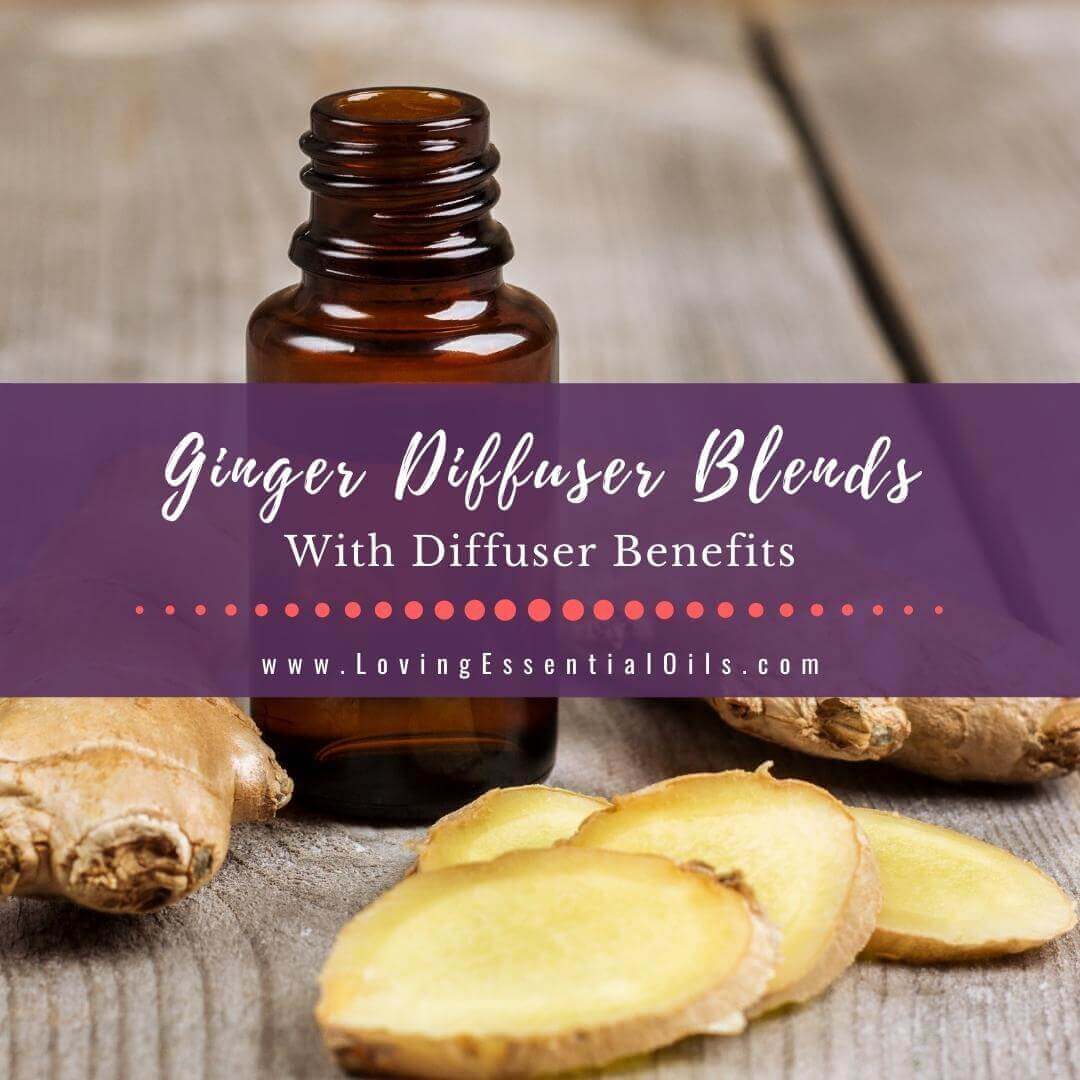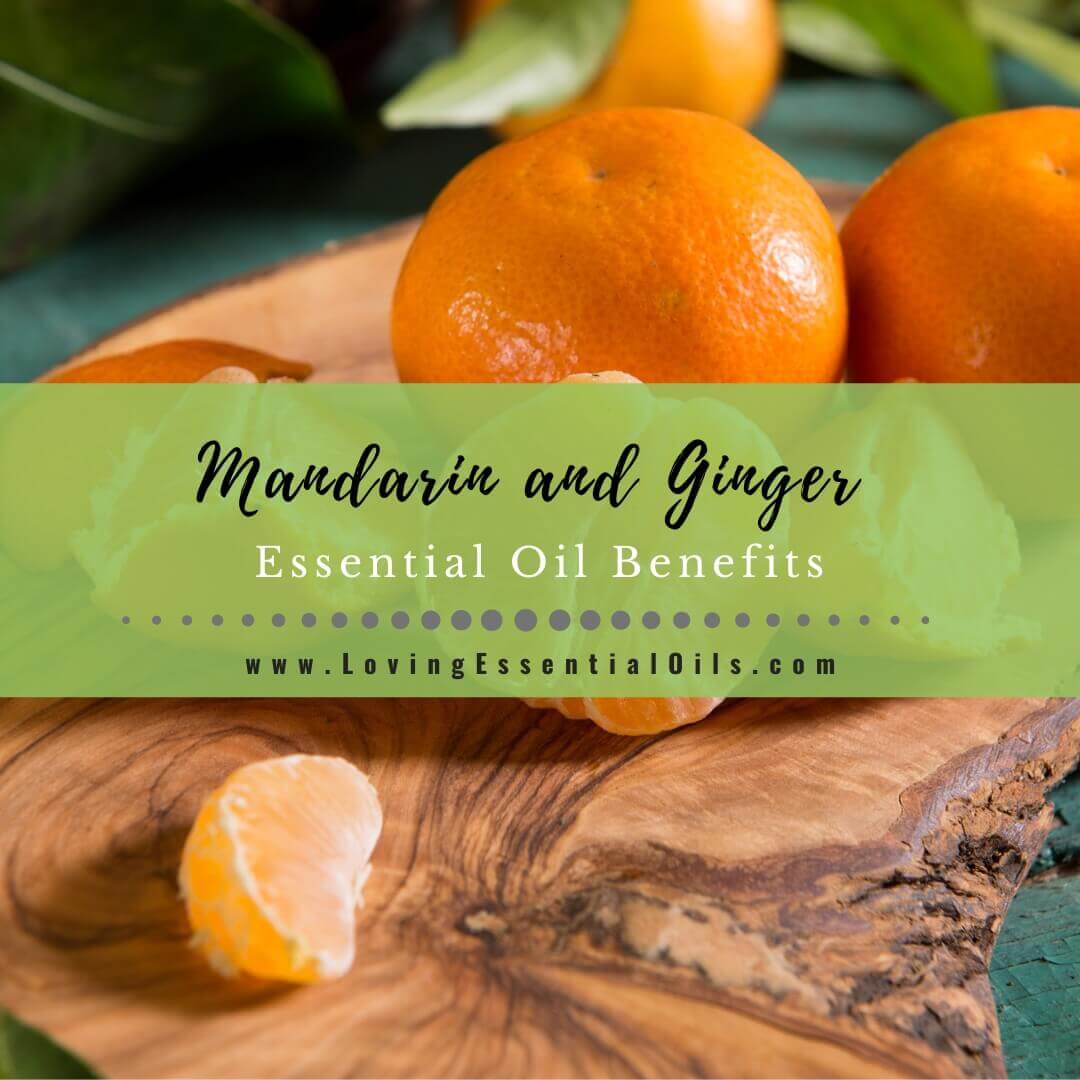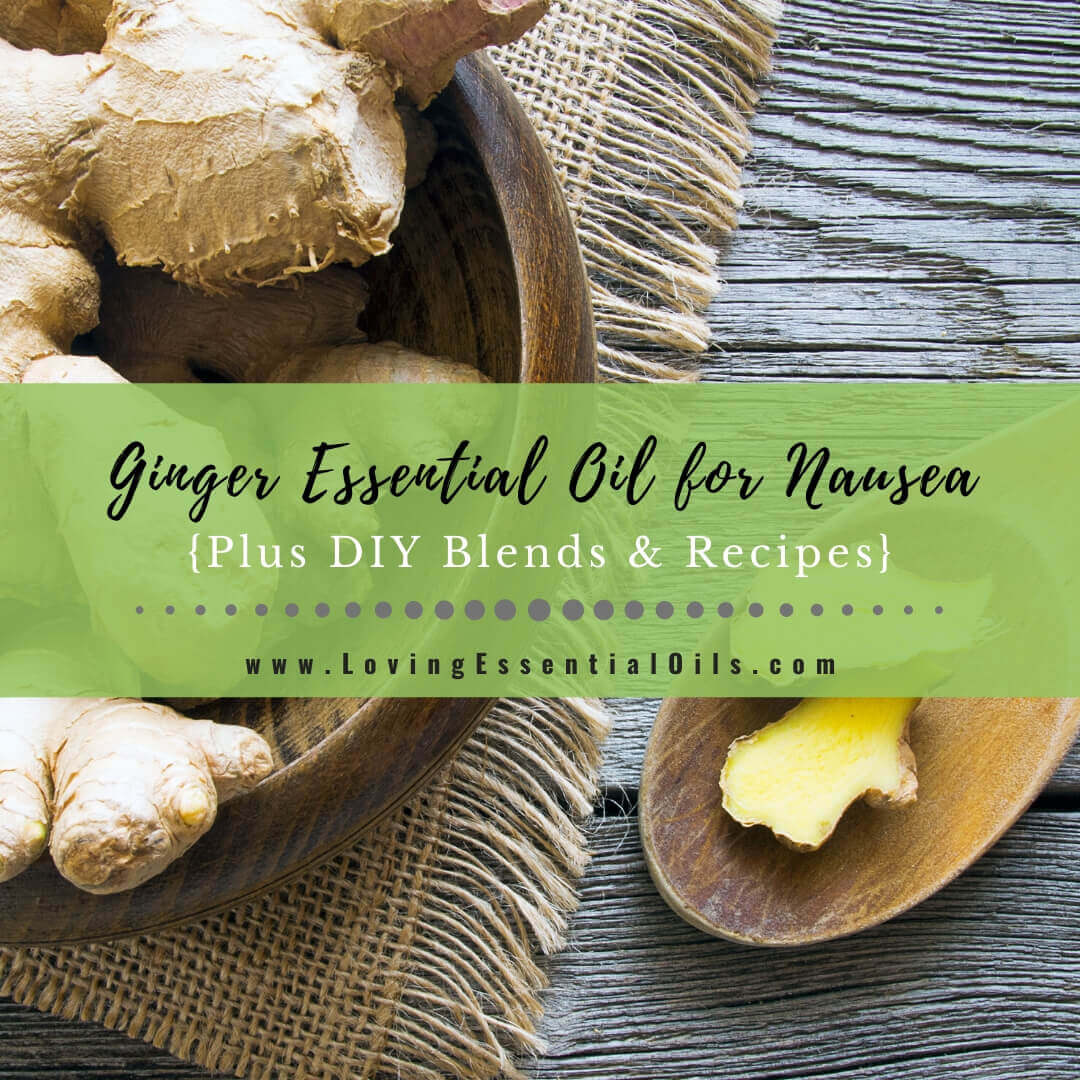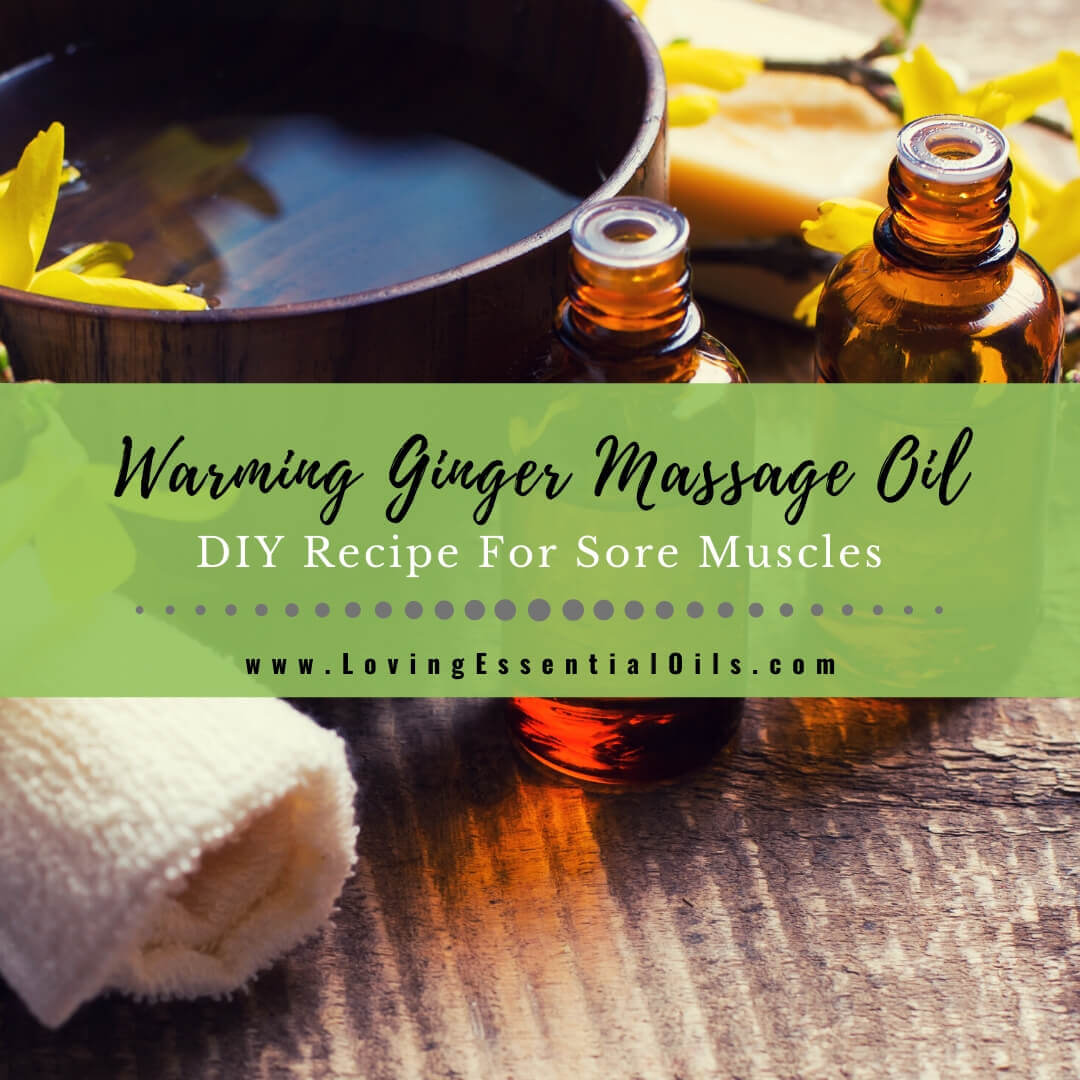Table of Contents
Ginger has a rich, spicy aroma that is both energizing and uplifting. It is prized for its ability to soothe digestive discomfort, ease nausea, and relieve pain. Try one of these Ginger Diffuser Blends to create a warm, healing, and inviting ambiance in your space.
Ginger essential oil blends are popular among those suffering from migraines, arthritis, and menstrual cramps. Ginger oil can be diffused, inhaled directly from the bottle, or added to a carrier oil for use in warming massage blend. In addition, ginger essential oil can help to boost circulation and relieve pain.
If you are looking for a natural way to improve your mood and alleviate nausea, diffusing Ginger essential oil may be the answer. For the best results, choose a high-quality oil from a reputable source.
What is Ginger Essential Oil Good For?
Ginger essential oil has a warm, spicy scent and is used to flavor food and combat nausea. It is also used to help with colds and flu, reduce inflammation, and relieve pain. Some research suggests ginger may also be effective in treating osteoarthritis, migraines, and menstrual cramps due to the oil's anti-inflammatory and analgesic effects.
Ginger is often used as a respiratory tonic, helping to clear congestion and ease coughing. It can be used aromatically or applied topically to the skin. Ginger can be inhaled using an aromatherapy inhaler, diffuser, or steam inhaler.
Essential oils are highly concentrated and should be diluted before use. Ginger essential oil is typically diluted with a carrier oil such as jojoba or coconut. It can then be added to baths or used in massage oil recipes.
Ginger Essential Oil Diffuser Benefits
Diffusing Ginger essential oil can promote feelings of positivity and well-being, while also helping to clear the mind and ease tension.
Ginger diffuser blends can soothe an upset stomach, making them a good choice when you feel nauseous or have an upset stomach.
Ginger Essential Oil Emotional Benefits
Ginger essential oil has long been used in aromatherapy for its emotional benefits.
- Ginger is a warming and grounding oil
- It can help to ease anxiety, tension, and stress
- It is said to promote courage and confidence
- Ginger essential oil is known to be uplifting and empowering
- It can help to alleviate anxiety, stress, and tension
- Ginger oil can help to enhance concentration
- It is known to have stimulant essential oil properties
The emotional benefits of Ginger Essential Oil can be experienced by diffusing the oil or by applying it topically to the temples, chest, or back of the neck.
When using ginger essential oil for emotions, start with a small amount and increase as needed. You can also combine Ginger with other oils, such as lavender or bergamot, to create a custom blend that meets your needs.
Ginger Essential Oil Facts
Ginger oil is extracted from the root of the plant Zingiber officinale. It may also be listed as Ginger Root essential oil. The oil has a warm, spicy scent and is commonly used in cosmetic and fragrance products. It is also used as a flavoring agent in food and drinks.
- Botanical Name: Zingiber officinale
- Family: Zingiberaceae
- Synonym: Ginger Root, Jamaica Ginger
- Extraction Method: Steam Distilled
- Plant Part: Root
- Aroma: Warm, spicy
- Note: Base
- Shelf Life: 3 Years
- Sun Safe: Yes
- Kid Safe: Yes
- Pregnancy Safe: Yes
Properties: Analgesic, antispasmodic, antiseptic, antitussive, aphrodisiac, carminative, digestive, expectorant, febrifuge, stimulant, tonic.
Ginger Essential Oil Blends Well With
Ginger essential oil has a warm, spicy scent that can be used to add depth and complexity to a variety of different fragrance blends. Ginger essential oil blends well with citrus oils like lemon and orange, floral oils like jasmine and rose, and woody oils like cedarwood and sandalwood.
- Lemon
- Orange
- Lavender
- Cedarwood
- Sandalwood
- Jasmine
- Cinnamon
- Clove
- Bergamot
- Grapefruit
- Black Pepper
- Cypress
- Frankincense
- Cardamom
- Vetiver
- Ylang ylang
10 Ginger Diffuser Blends
When diffused, ginger essential oil can help to boost energy levels and improve mental focus. Whether you want to support your health or enjoy its lovely fragrance, ginger is a versatile addition. Add one of the ginger diffuser blends below to the diffuser with the recommended water for your diffuser tank. Turn on and enjoy!
I like to use a 100 to 200 ml water tank diffuser, but you can use whatever size you prefer. It is best to diffuse in 30-minute intervals to not overwhelm the space and your senses. Read more about diffusing essential oils.
1. Cheerful Focus
Blending ginger essential oil with other oils has numerous benefits. Get energized and uplifted with this wonderfully simple focus essential oil blend.
- 4 drops Ginger
- 4 drops Grapefruit

2. Tea Time Diffuser Blend
Ginger, lemon, and chamomile are all popular flavors of tea. This ginger diffuser blend is like a blend of all three. See what you think.
- 3 drops Lemon
- 2 drops Ginger
- 2 drops Roman Chamomile

3. Ginger Mint Diffuser Blend
This cooling and soothing oil blend is a favorite. it is called ginger mint! Ginger essential oil blends well with other essential oils to create calming aromas that can help reduce stress, anxiety, and fatigue.
- 3 drops Ginger
- 3 drops Peppermint
- 2 drops Melissa

4. Happy Tummy
Blended with other oils, ginger essential oil can also help to boost the immune system and tame digestive issues. Diffuse this blend when your tummy needs a little happiness.
- 3 drops Lemon
- 3 drops Orange
- 2 drops Ginger
- 1 drop Peppermint

5. Centered Diffuser Recipe
This rich blend of oils is sure to soothe and calm your mind and body, especially good for meditation.
- 4 drops Frankincense oil
- 3 drops Myrrh oil
- 2 drops Ginger oil

6. Island Blossom
This exotic oil blend may just be the escape you need for an island getaway.
- 3 drops Geranium
- 3 drops Pink Pepper
- 2 drops Ginger

7. Crisp Leaves Diffuser Blend
This is a fall essential oil blend favorite but is can be enjoyed in any season you please!
- 3 drops Tangerine
- 2 drops Ginger
- 2 drops Patchouli

8. Extra Energy
- 3 drops Lemon
- 3 drops Tea Tree
- 2 drops Ginger
9. Tummy Blend
- 3 drops Cardamom
- 2 drops Ginger
- 2 drops Grapefruit
- 1 drop Fennel
10. Frosted Gingerbread
The yummy scent of this oil blend is not only uplifting but also eye-opening!
- 4 drops Vanilla
- 3 drops Ginger
- 2 drops Cinnamon Bark

More Ginger Essential Oil Recipes
Here are a few more gingeressential oil recipes to use in essential oil inhalers. Essential oil inhalers are a great way to enjoy the benefits of essential oils without having to apply them topically or diffuse them.
Essential oil inhalers are portable, convenient, and allow you to target specific concerns. Simply add the drops of essential oils to the cotton wick, insert it into the inhaler tube, and inhale as needed.
Gingerbread Inhaler Blend |
Make a gingerbread essential oil blend for an aromatherapy inhaler with these oils!
|

Feel Good Inhaler |
Enjoy the refreshing orange aroma blended with a little spice and flowers.
|

Happy Belly Inhaler |
Get relief when you inhale this blend of belly soothing essential oils!
|

Work From Home Inhaler |
Working at home can bring many interruptions and distractions, use this inhaler blend to sharpen your mind and get focused on the task at hand.
|

Ginger Essential Oil Combinations
Ginger essential oil has a natural warming effect, which can help alleviate sore muscles and joints when combined with other oils. It also promotes circulation, which can help reduce inflammation, clear up congestion, and improve overall skin health.
When creating ginger essential oil combinations, start with a small amount of ginger oil and add other oils until you find a combination that you love. Remember that less is more when it comes to essential oils and don't be afraid to experiment. Ginger essential oil is sure to enhance any blend you create.
If you're looking for a woodsy or earthy element in your blend, try blending ginger with cedarwood or patchouli. And if you want to create a truly dynamic and unique fragrance, try blending ginger with one of the other "hot" oils like cinnamon or clove. Whatever combination you choose, Ginger essential oil is sure to add a touch of spice to your next custom fragrance blend!
Ginger Essential Oil Substitutes
Ginger essential oil is derived from the Ginger plant, and has a wide variety of uses. It can be used to improve circulation, relieve pain, and ease nausea. Ginger essential oil substitutes can be used in any recipe that calls for ginger oil.
Some common ginger essential oil substitutes include cardamom oil, cinnamon oil, and clove oil. These oils have similar scents to ginger oil, making them perfect substitutes in any recipe. In addition, these oils can also be used in diffusers to create a Ginger-scented aroma.
There are ginger essential oil substitutes that you can use. Here are a few of them:
Clove essential oil
Clove oil is an excellent substitution for ginger essential oil. It has a warm, spicy fragrance that is similar to ginger, but with a slightly sweeter note. Clove oil is used in many different ways, including in aromatherapy, massage therapy, and skin care. It's also great for toothaches and dental pain.
It is believed to have many benefits, such as promoting relaxation and easing pain. Clove oil can be used on its own or blended with other oils to create a custom scent. If you are looking for an essential oil that has a similar scent to ginger, clove oil is a great option.
Cardamom Essential Oil
Cardamom essential oil is a great substitute for ginger. Cardamom has a similar aroma to ginger, but it is not as strong. Cardamom is also known to have many health benefits.
Cardamom can be used to treat digestive issues, relieve stress, and boost immunity. It's also known to help with respiratory problems. If you are looking for a substitution for ginger, cardamom essential oil is a great option.
Cinnamon Essential Oil
Cinnamon essential oil is a nice substitution for Ginger. Cinnamon has a sweet, spicy aroma that can be used to promote feelings of comfort and warmth. It can also be used topically but it must be diluted with a carrier oil before being applied to the skin or it will cause skin irritation. Cinnamon essential oil can also be diffused to add a little spice to your room.
Essential Oil Safety Guidelines
Diffuse 30 minutes to 1 hour at a time, read more about how long to diffuse oils.
It is best not to apply undiluted essential oils onto the skin. When using essential oils topically on the skin, be sure to dilute with a carrier oil like jojoba oil or sweet almond oil.
Using essential oils can improve a person’s emotional, physical, and mental state. For best results, make sure you use pure essential oils and learn how to use them properly.
People can have different responses to essential oils, you may find what works for one person, doesn't work for you. You can learn more here about what to do when essential oils don't work.
FAQs
What are ginger diffuser blends used for?
Ginger diffuser blends are used primarily for their aromatic benefits, such as promoting relaxation, reducing stress, and creating a warm and inviting atmosphere. Ginger's spicy and invigorating scent can also help boost energy and improve focus.
How can I make a ginger diffuser blend at home?
To make a ginger diffuser blend at home, combine a few drops of ginger essential oil with complementary oils like lemon, orange, or cinnamon. Adjust the ratios to your preference, and add the blend to your diffuser with the recommended amount of water.
Are there any benefits to using ginger essential oil in diffuser blends?
Using ginger essential oil in diffuser blends offers benefits such as easing nausea, enhancing mood, and supporting respiratory health. Its warming aroma can also help soothe feelings of fatigue and promote a sense of well-being.
Can ginger diffuser blends help with cold symptoms?
Ginger diffuser blends can help alleviate cold symptoms by providing respiratory support and reducing congestion. The anti-inflammatory properties of ginger essential oil may also assist in soothing sore throats and enhancing overall comfort during a cold.
What are some popular combinations with ginger essential oil for diffusers?
Popular combinations with ginger essential oil for diffusers include blends with citrus oils like lemon or grapefruit for an uplifting aroma or with spice oils like clove and cinnamon for a cozy, warming scent. These combinations can enhance the aromatic experience and provide additional therapeutic benefits.
Share on Pinterest








